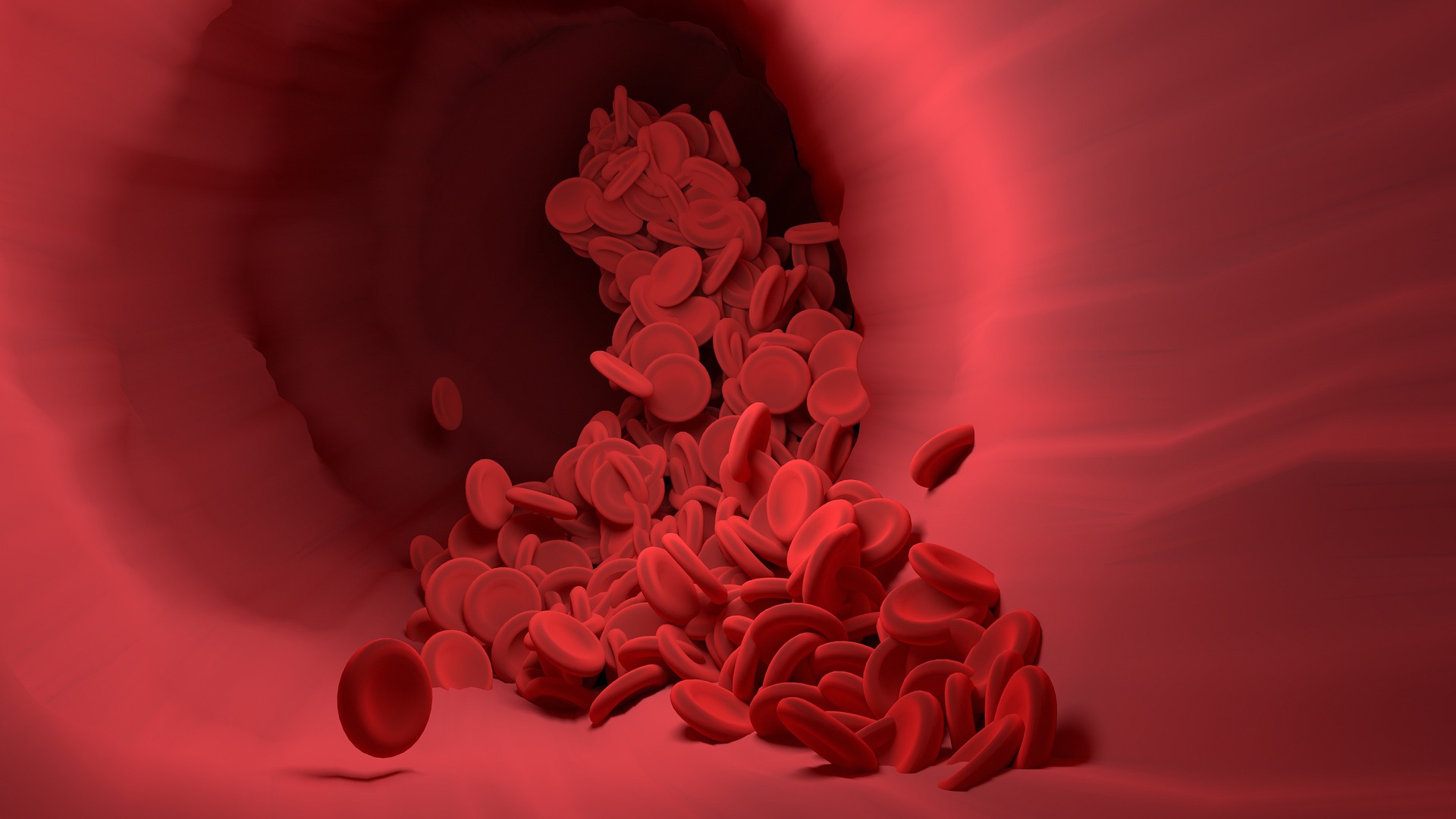Home Remedies for Blood Clots: Natural Support for Circulation and Recovery
Blood clots, or thrombi, can be a serious health concern, obstructing blood flow and potentially leading to severe conditions like deep vein thrombosis (DVT), pulmonary embolism, heart attack, or stroke. These occur when blood coagulates inappropriately, forming a solid mass within a vein or artery.
Clots commonly form in the legs but can affect any body part. They may cause swelling, pain, difficulty walking, and discomfort. Seeking immediate medical attention for suspected blood clots is essential.
While medical intervention—such as anticoagulants or clot-dissolving medications—is often necessary, natural remedies and lifestyle changes can complement these treatments, helping to prevent clots and support recovery. Here are practical approaches to managing and preventing blood clots naturally.
What Causes Blood Clots?
- Immobility: Extended periods of sitting or lying down can impede blood flow, increasing the risk of clots.
- Injury: Trauma to blood vessels can trigger clot formation as part of the body’s healing process.
- Medical Conditions: Certain conditions like atrial fibrillation, cancer, and obesity can heighten clotting risks.
- Genetics: Inherited clotting disorders may predispose individuals to excessive clot formation.
- Lifestyle Factors: Smoking, poor diet, and dehydration contribute to unhealthy blood viscosity and poor circulation.
When to Seek Medical Help
If you experience persistent swelling, redness, warmth, or severe pain, especially in one leg or arm, or sudden shortness of breath and chest pain, seek medical care immediately. These symptoms may indicate a life-threatening condition like pulmonary embolism.
Cautions
- Consult a Doctor Before Starting Remedies: Some natural remedies can interact with anticoagulants or other medications, increasing bleeding risks.
- Avoid Over-Supplementation: Excessive use of supplements like fish oil or garlic may lead to excessive bleeding.
- Monitor Symptoms: If symptoms persist or worsen, seek medical attention immediately.
Medical Treatment for Blood Clots
Home remedies can complement medical treatments but should never replace professional care. Typical treatments include:
- Anticoagulants (Blood Thinners): Medications like warfarin, heparin, or newer agents (e.g., apixaban) prevent clot growth and new clot formation.
- Thrombolytics: These drugs dissolve clots but are reserved for severe cases like strokes or pulmonary embolisms.
- Surgical Interventions: In rare cases, surgery or catheter-directed therapies may be needed to remove large clots.
Home Remedies for Blood Clots
Blood clots are a serious condition requiring prompt attention and a combination of medical care and lifestyle adjustments. Incorporating home remedies like regular physical activity, proper hydration, and dietary changes can support recovery and reduce risks. However, it’s essential to consult healthcare professionals to ensure safe and effective treatment. With a proactive approach, you can improve circulation, support vascular health, and minimize the risk of complications.
1. Walking and Physical Activity
- Regular movement improves blood circulation and prevents stagnation, reducing the likelihood of clot formation.
- Engage in moderate-intensity walking, yoga, or stretching for at least 30 minutes daily.
- For individuals with DVT risk, avoid prolonged sitting by taking short walks every hour.
2. Elevating the Legs
- Elevating your legs promotes venous return, reducing swelling and the risk of clots in the lower extremities.
- Use a pillow to raise your legs above heart level for 15–20 minutes a few times daily.
3. Proper Hydration
- Dehydration can thicken the blood, increasing clotting risk.
- Aim to drink 8–10 glasses of water daily, especially during travel or after prolonged inactivity.
- Herbal teas like ginger or green tea can further improve circulation.
4. Dietary Adjustments
Foods That Help Prevent Clots:
- Garlic: Contains allicin, which may reduce platelet aggregation and support heart health.
- Turmeric: Curcumin in turmeric has anti-inflammatory and blood-thinning properties.
How to Use: Mix a teaspoon of turmeric powder into warm milk and consume daily. - Leafy Greens: High in vitamin K, which supports balanced blood clotting.
- Berries: Rich in antioxidants and flavonoids, berries improve vessel health.
- Omega-3 Fatty Acids: Found in salmon, walnuts, and flaxseeds, omega-3s support vascular health.
5. Weight Management
- Obesity increases pressure on blood vessels, leading to poor circulation.
- Adopting a healthy diet and regular exercise can significantly reduce clot risks.
6. Compression Stockings
- These specialized socks improve circulation by applying gentle pressure to the legs.
- Recommended for individuals with venous insufficiency, frequent travelers, or those recovering from surgery.
7. Herbal Remedies
Herbs That Promote Circulation:
- Ginger: Natural anti-inflammatory properties improve circulation.
How to Use: Brew ginger tea by steeping fresh slices in hot water. - Ginkgo Biloba: May help reduce blood viscosity, improving flow.
How to Use: Take as a supplement (consult with a healthcare provider). - Cayenne Pepper: Contains capsaicin, which supports blood flow and prevents clumping.
How to Use: Sprinkle cayenne on meals or mix a pinch into warm water with honey.
8. Manage Chronic Conditions
- Conditions like diabetes, high cholesterol, and hypertension exacerbate clot risks. Regular monitoring and management are essential.
Lifestyle Changes to Prevent Blood Clots
1. Quit Smoking
- Smoking damages blood vessels and promotes clot formation. Quitting reduces these risks and enhances overall vascular health.
2. Reduce Alcohol Intake
- Excessive alcohol can disrupt the balance of clotting factors. Limit consumption to moderate levels.
3. Stay Active During Long Travel
- Prolonged immobility during flights or car rides increases clot risks.
- Perform seated leg exercises, stand, or stretch every hour.
Natural Blood-Thinning Agents
1. Apple Cider Vinegar
- Thought to improve circulation and reduce clot risk.
How to Use: Mix one tablespoon with warm water and honey, and drink daily.
2. Fish Oil
- Contains high levels of omega-3 fatty acids, which support heart health and blood flow.
3. Bromelain (Pineapple Enzyme)
- An enzyme found in pineapples, bromelain is believed to reduce clotting risks and support overall cardiovascular health.



